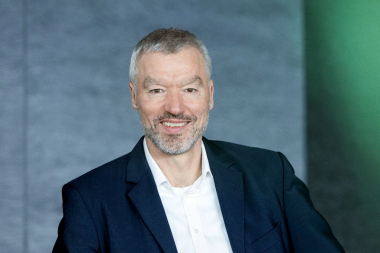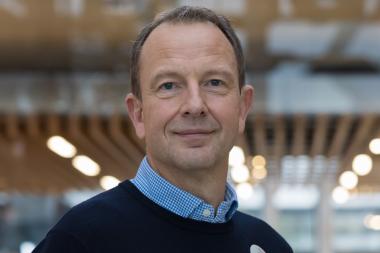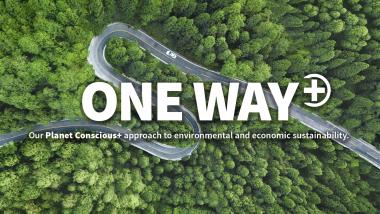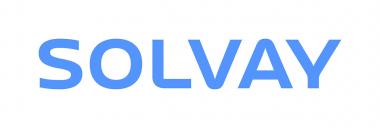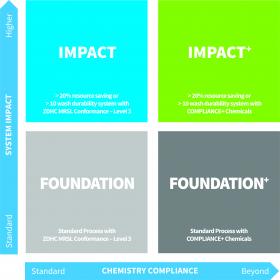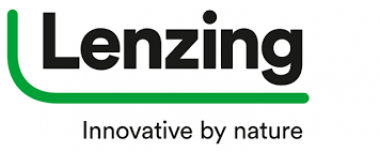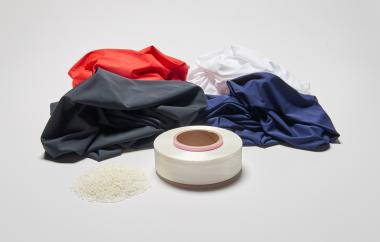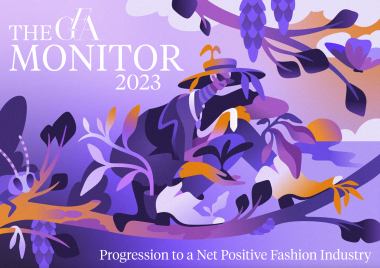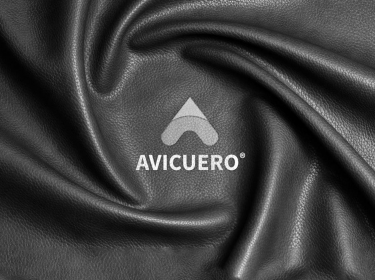Wacker Chemical Corporation under New Management
Christoph Kowitz, currently head of WACKER’s Corporate Research Department, takes charge of the Group’s U.S. subsidiary Wacker Chemical Corporation (WCC) at the beginning of May. He succeeds David Wilhoit who has been responsible for WACKER’s North and Central American business since 2015 and is now retiring.
Christoph Kowitz has already held various management positions. After obtaining his doctorate in organic chemistry and polymer chemistry, he began his professional career as a product developer at BASF AG in Ludwigshafen in 1996. From 1997 onwards, he worked for several years as a management consultant for McKinsey in Asia and Europe. After several management positions in the chemical industry, including Germany-based specialty chemicals manufacturer Cognis, Kowitz moved to WACKER in 2013, where he headed the Performance Silicones unit within the WACKER SILICONES division. Since 2018, he has been Head of Corporate R&D and thus also responsible for innovation management within the Group.


